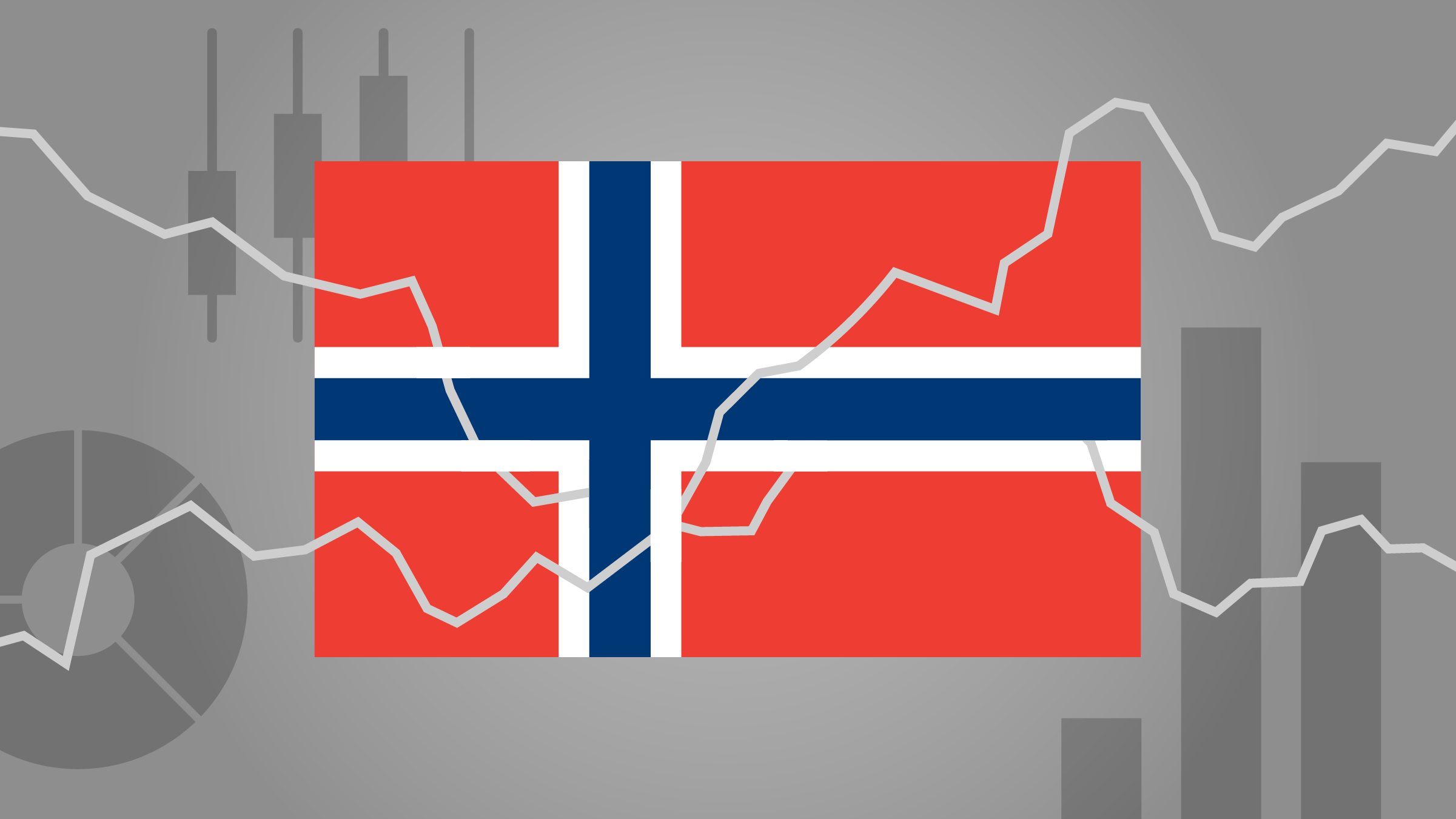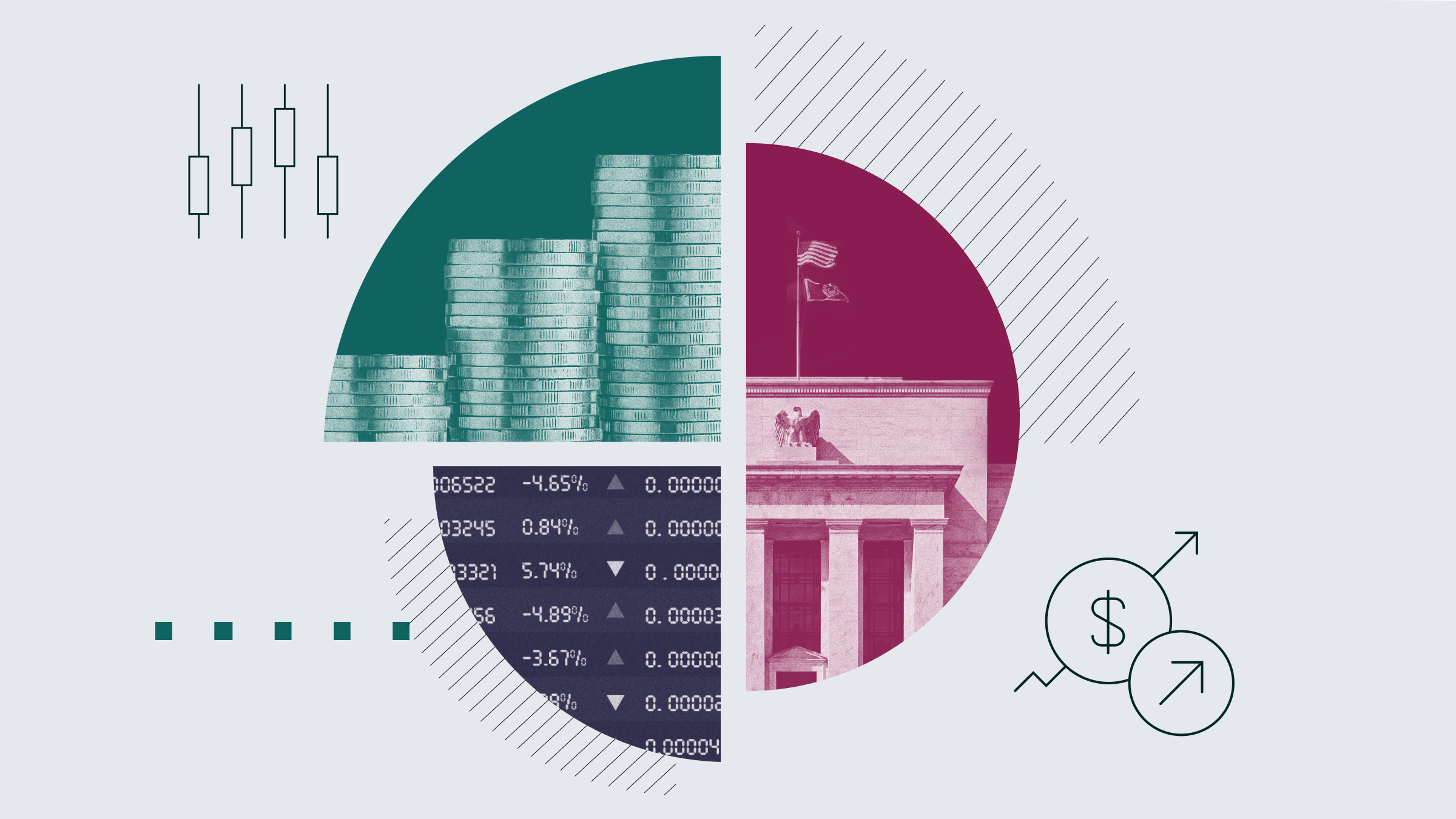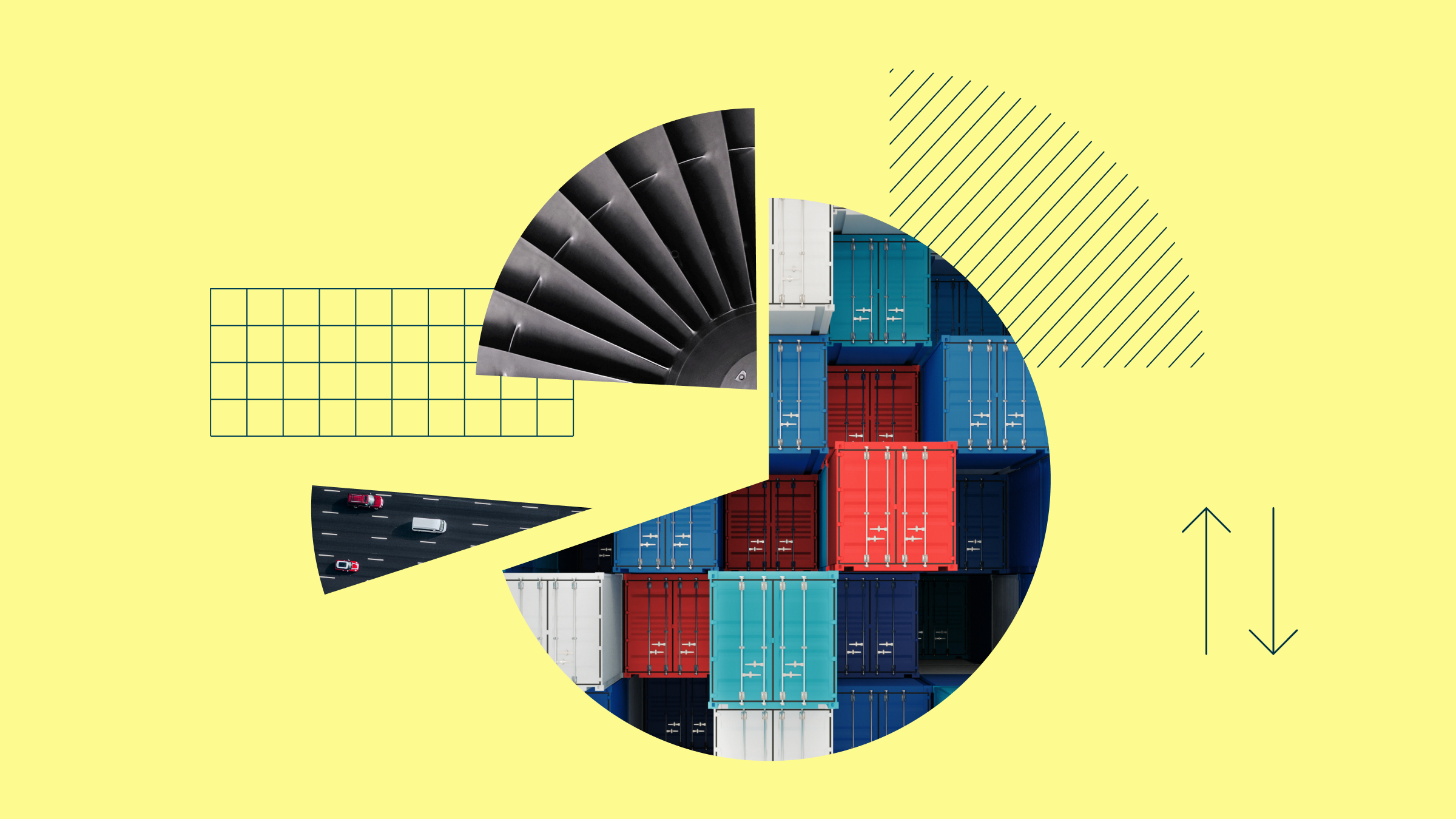Holly Cook: As investors, we can often be our own worst enemies. But does knowing what the common investing mistakes are actually prevent you from making them? Let's hear from Greg Davies of Barclays Wealth and Investment Management on the topic.
Greg Davies [Head of Behavioural and Investment Management, Barclays - Wealth and Investment Management]: It can do, I mean a certain amount of understanding the basics of it, and more importantly, probably a certain amount of self-knowledge that might come from introspection after that can help you to make better investment decisions. But you need to actually go further than that to really use it effectively.
The secret is to use that in times of calm to construct for yourself a framework or an investing constitution, a set of rules that you can write down, that you can use to guide you in those times of turmoil, because mainly understanding things – the understanding sadly goes out of the window when we're stressed and when we're panicked in market crisis. You need to systematise it.
Cook: So does that mean then that if I don't really trust myself to actually follow through on those rules that I have set during times of calm, do I need some sort of gatekeeper to ensure that I'm able to stick to those decisions?
Davies: Yeah, it can help. Sort of the simple ‘are you sure?’ question, and there is various cooling off mechanisms that you can use. So, you might set for yourself a set of rules. For myself, it's – one of them is I only ever make investment decisions on the weekend and trade once a week. It stops me from glancing at a screen at work during the week and suddenly making some kneejerk decision that I don't really have the context for.
Other things might be whenever you’re tempted to make a portfolio adjustment larger than X percent, make sure that you sleep on it for 24 hours. Make sure that you talk to an adviser or family member about it. The rules are specific to you, but it's important to have them.
Cook: I think that's one of the interesting things about behavioural finance is that it’s not about I'm trying to get a 5% a year. It’s about this is me and this is what my goal is on the long-term. So, it's a very different way from thinking from perhaps the more kind of classical finance?
Davies: Yeah. I mean, we're still – with behavioural finance, we're still trying to maximise returns, but we're not trying to maximise them in a kind of technical way. So, instead of talking about risk-adjusted returns, we talk about anxiety-adjusted returns.
What really matters to people is, what's the best return I can get relative to the stress discomfort and anxiety I'm going to have to live through along the journey? And the reason it's important to think about that is, if you don't think about anxiety and something goes wrong and your anxiety spikes, you are going to feel miserable and anxious, but you are also going to destroy all your returns, because you are going to act on that in way that is much more good at securing the very immediate emotional comfort you crave rather than keeping your focus on your long-term investment objectives.
Cook: AndI think one of the particularly interesting things you told us during your presentation is that the average investor tends to underperform a buy-and-hold strategy by about 3% a year. What does that mean for an investor's decision-making process?
Davies: Well, it comes from – firstly, every investor is different. That really is an average glean from dozens of studies and every investor will be different. But the main investment costs, behavioural costs, come from two places. One is people protect themselves against discomfort in investing in a very simple way by not investing. They leave money on the side doing nothing. It's very costly. It costs about 4% to 5% a year of the money you leave aside for a moderate risk investor.
The money we put in, we do too much with. We tend to make decisions that partly reflect our long-term objectives, but also partly reflect whether or not I feel comfortable with that decision right now. And of course, we feel more comfortable taking risk when times are good and we feel less comfortable taking risk in times of bad.
So, whilst it might sound facile for me to say, to be a good investor you should buy low, sell high, our innate psychology inclines us to do quite the opposite, and that costs probably the average investor somewhere in the region of 2% on the assets they do have invested, put those pieces together and you get somewhere in the region of 3% for an investor.
Cook: Well, it sounds like whether you got a financial adviser or just a trusted family member, it's worthwhile always getting that kind of second opinion, that reassurance before doing anything with your money?
Davies: Self-knowledge, thinking through the problem and the structure of how you make decisions in times of calm, setting a set of rules, and then over time following those rules, so they become habits. It's easy to sidestep rules, it's very difficult to sidestep habits. So if you can get to the point where you have got good habits, then you are going to get the comfortable ride you need at the minimal cost.
Cook: Greg Davis, thank you very much for joining me today.
Davies: Thank you.

















